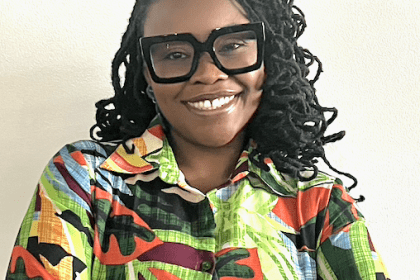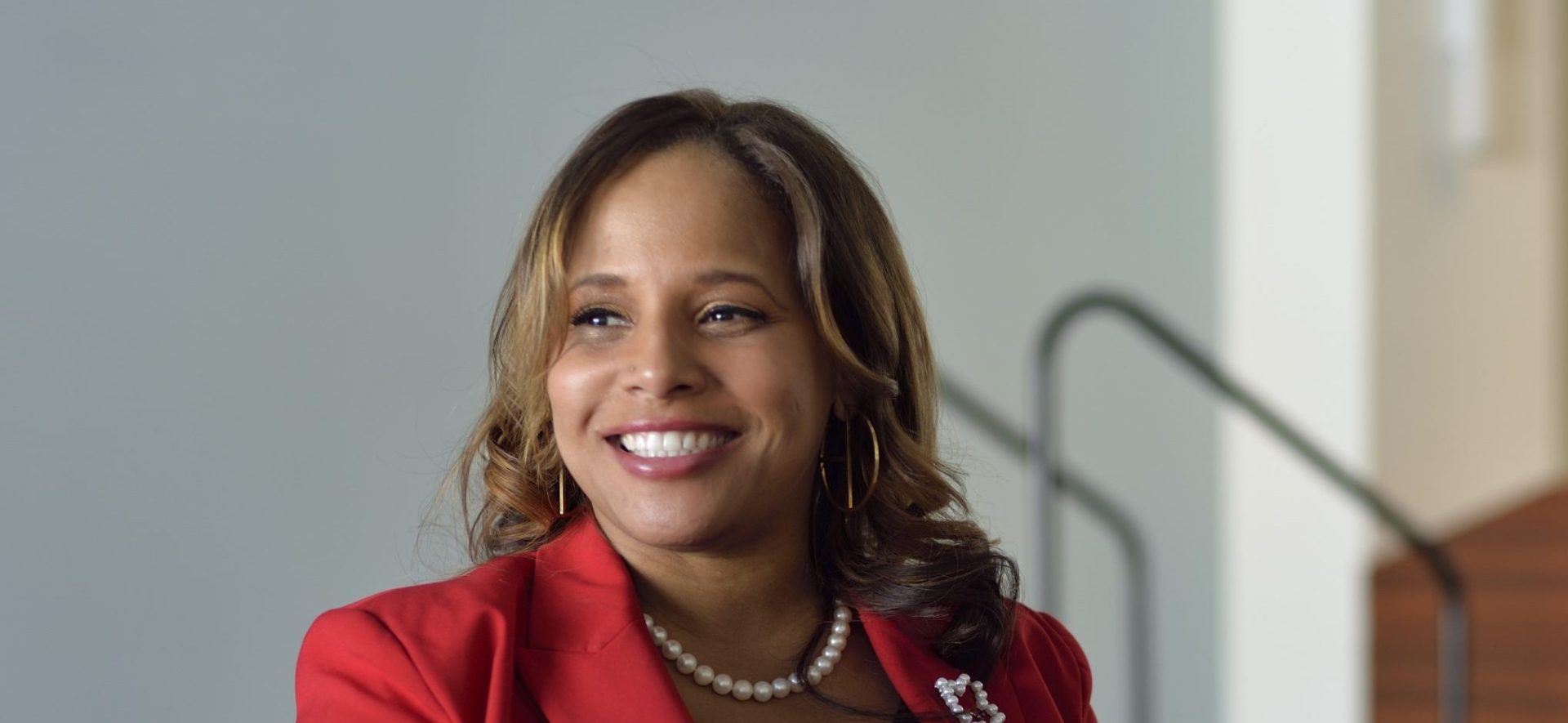
If you watch House of Cards, Veep, or even old episodes of the West Wing, you would get the impression that African Americans in Washington are few and far between, ancillary to power, or even an editorial afterthought. This impression is surely reinforced by books like This Town and Double Down that seek to portray how influence and power works in Washington, DC.
Indeed, Double Down underscores the notion of a black Washington barely worth considering in a passage in which a former high level White House aide conveys that our nation’s first African American president is dismissive of “professional blacks,” a group seemingly comprised of every sector of black Washington that maintains a concern about the declining fortunes of black American households and institutions.
But this portrayal of a Capitol in which the only people and opinions worth considering are white or white-identified, ignores the presence, activities, perspectives, and growing power of a thriving African American political and professional class that touches almost every sector of Washington life including government, businesses, think tanks, advocacy organizations, and foundations.
And yes while “black professionals”— a group that the former White House aide portrayed as people who happen to be black but do not focus their work or attentions on addressing the plight of people of African descent in the U.S. or elsewhere — do exist, this simplistic line of argumentation about blacks in Washington ignores a complex and dynamic reality.
From the NAACP, the Joint Center for Political and Economic Studies, and the Washington Government Relations Group to the Congressional Black Associates and the better known Congressional Black Caucus, African Americans in Washington, DC have found it not only necessary but preferable to maintain formal and informal ties that span the professional and social spheres. The priorities of these groups differ but are generally concerned about black professional advancement, social and cultural reinforcement, and civil rights.
That a significant number of black professionals and institutions within Washington continue to focus on African American progress is not surprising considering overwhelming evidence showing the continued obstacles to our full inclusion in American life.
Despite many areas of progress, the black adult unemployment rate (12.1%) remains double that of whites (5.7%), the black teen unemployment rate is at depression era levels (38%), blacks are incarcerated at six times the rate of whites, blacks contract HIV at eight times the rate of whites, the wealth gap between white and black families has more than quadrupled over the past three decades, black homeownership rates have declined from 50 percent in 2004 to 43 percent today, blacks face persistent threats to their voting rights, and the Historically Black Colleges and Universities that remain open face declining enrollments and yawning budget deficits.
Given these and other troubling indicators, it would be not only bizarre but irresponsible for African Americans in positions of influence inside and outside of the Washington beltway to ignore, lose their concern for, or to dismantle organizations that advance the interests of African Americans.
That being said, the nature of black organizing is evolving along with national and global shifts. Increasingly, African Americans are joining with other people of color groups at the national level to push for policy changes where there are shared concerns across racial and ethnic lines. Prominent examples of these efforts include the Closing the Racial Wealth Gap initiative, the Campaign for High School Equity, and the Commission to Modernize Social Security among many others.
African Americans are also aligning with people of all backgrounds in the U.S. and around the world to take on issues as diverse as climate justice, worker rights, and gender and racial equality. And, African Americans who maintain a consciousness about the plight of black America are rising to positions of power within important mainstream institutions where they are increasingly valued for both their unique perspectives rooted in their culture and history as well as their ability to work to advance the interests of all people regardless race, ethnicity, gender, class, or geographical origin.
In the nonprofit sphere, prominent examples include Barry Rand, CEO of AARP, and Dr. Risa Lavizzo-Mourey, President and CEO of the Robert Wood Johnson Foundation. In the government sector, this type of all-encompassing leadership has been modeled by black Congressional members like Elijah Cummings, the Ranking Member of the Government Reform and Oversight Committee; Bennie Thompson, the ranking member of the Homeland Security Committee; Maxine Waters, ranking members of the Financial Services; Eddie Bernice Johnson, ranking member of the Science, Space, and Technology Committee; and John Conyers who leads the Democrats on the Judiciary Committee.
It is important to point out that these and other examples represent African American leaders who hold significant positions of power and have inside information, relevant opinions, and the ability to shape public policy and the national debate in a way that has the potential to change the trajectory of our nation’s future. They are inside the halls of power and they are working to make a positive difference.
My focus on African American professionals within the Washington, DC power structure is not to preclude the importance of African Americans who work to shape our nation’s destiny in states and localities across the country. Indeed, there are many leaders working alone and across coalitions, to strengthen outcomes for Americans of all backgrounds. Nor does my focus on African Americans ignore the existence or significance of white leaders and traditionally white-led organizations that understand the importance of addressing issues facing African Americans and other people of color.
Instead, my focus is intended to make it clear that media representations that render blacks beyond the First Family invisible in Washington falsely ignore the significant and very dynamic presence of African Americans within DC’s social and political culture and within its institutions. While this approach may reflect the mainstream media’s inability to see African Americans and other racial and ethnic groups as power players, this psychosis will have to be overcome once it is realized that the Barack Obama phenomenon wasn’t an aberration but the leading edge of a new normal. –maya rockeymoore, Ph.D., president and CEO, Global Policy Solutions














